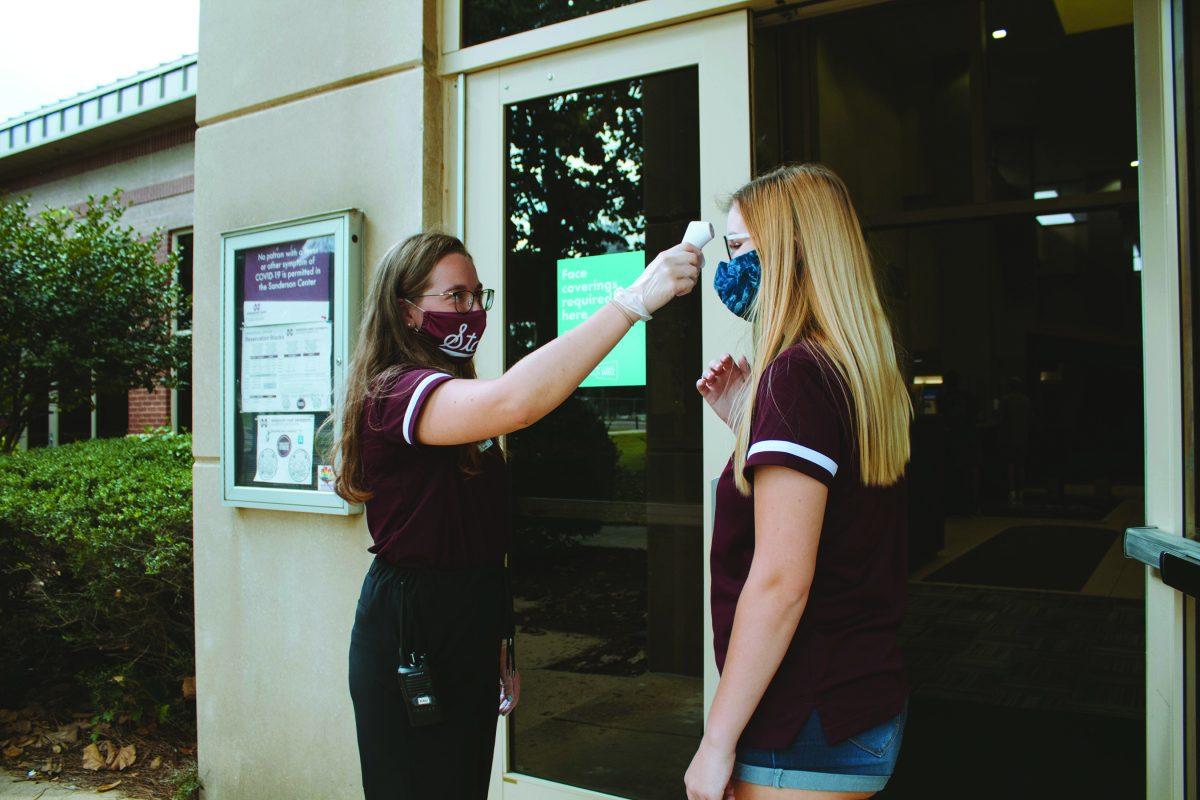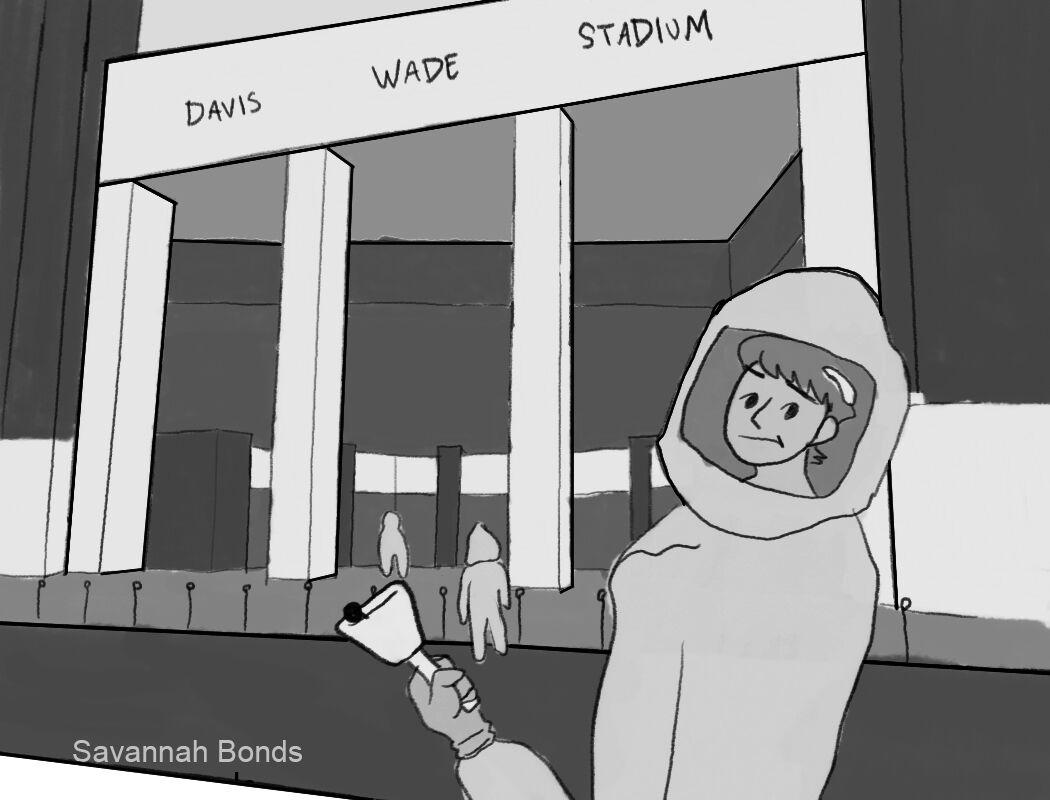The declaration of a world pandemic has put a hold on all, hopefully, personal social interaction and caused a specific type of panic among college students. The switch to online instruction has blindsided students as they approach the end of the spring semester. The sudden change of habit has altered the repetitive structure of classes which many are accustomed to. Universities should protect students from being academically penalized during the current international threat, and many schools are taking steps to provide this type of protection for students. The pass-fail grading system has been put into place by institutions nationally to ensure security for students.
The pass-fail structure changes the way credit is given to a student for a completed course. It is set up to favor the student by giving them a clear option of a simple pass-fail without damaging effects. The absence of the letter grade system keeps a GPA from being affected by the current unpredictable position of our world. The concern of hard work going to waste causes this method to bring up a debate among students and educators.
Anemona Hartocollis of The New York Times explains many universities are still providing the option for letter grades regardless of their acceptance of the pass-fail system. This process ensures students are protected while simultaneously offering the chance to boost their GPA. With that in mind, the addition of a pass-fail system would allow a smoother transition into the online format and a backup plan for students who are heavily affected by COVID-19. Without this secondary option, many students could be harmed by possibly unsuccessful transitions to their new online source of education, according to Jonathan Zimmerman of Inside Higher Ed.
Zimmerman writes, “I get it. For the past few years, our students have been reporting skyrocketing levels of stress and anxiety about their academic status and futures. Add coronavirus, and you have the makings of a collective emotional crisis. If pass-fail will help ward that off, I’m 100% in favor of it.”
Many professors are unfamiliar with ways to manage their typical lessons through a technological device and may provide students with confusing, unfamiliar methods to transmit some approximation of the original class. The bridge between professors and their students has now been deformed and minimized, partly due to the varying strength of residential wireless or technological access. In order to retain lessons and actively participate in instruction, a wireless connection is needed and an especially strong one for classes which are participating in a live online instruction.
How will students who reside in rural areas or those in lower-class homes be influenced by this change of education? The use of public resources is not permitted or discouraged due to the standards of social distancing or shelter-in-place orders, so these individuals are required to take on an extra load upon their shoulders while trying to develop a plan to maintain their education. It is important to look at the situation holistically and think of all parties who could potentially be affected. The pass-fail system is inclusive to all students and provides a chance for everyone to ride out both the semester and pandemic in a calm manner.
A lack of proper technological access, the arrival of unfamiliar educational territory and the concern for international affairs are all factors that could cause a college student to become unreasonably stressed and take a toll on a student’s mental health, leading to further susceptibility to the very disease they are avoiding. The day-to-day social distancing already affects the way we work as a society, but with the addition of schoolwork in an isolating environment could overwhelm many.
Diti Kohli of The Boston Globe explains how students have shifted towards the pass-fail system because of its likelihood to ease the burdens upon those who already feel ill-equipped. This new grading policy could relieve weight upon many shoulders and provide a helping hand for those with tough semesters.
Why pass up an opportunity to feel safe during a destructive time? It should be an institution’s priority to uphold the state of their students in times of crisis and allow them the preferable position in an already stressful situation. All factors included, the pass-fail system would be the most beneficial remedy to the education system because it allows students to feel more secure in their future endeavors and allows a GPA to be free from the virus’s effects. It works with the situations of many and provides a chance for all to only grow out of a tough situation rather than wilt.
While universities typically allow the option of both the letter grade system and the pass-fail system, we should maintain a status of supporting the position that every university should, at the very least, guarantee the addition of the pass-fail system. With this new process in place, universities will be able to value every situation at hand and protect the futures, minds and grades of every student enrolled.
























































































